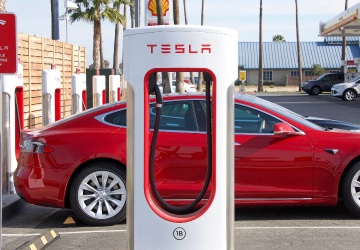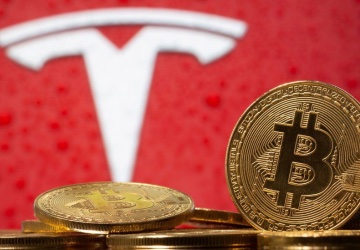Whats so unique about Teslas business model?
First, Tesla's business model must be a direct-to-consumer (D2C) economy, as it sells directly to customers, eliminates middlemen such as showrooms, and offers its own network of charging stations.
Simply put, consumers need to go online, choose a specific model, make adjustments, pay a deposit, and then arrange to pick up the car.

Buying a car couldn't be easier. You have a car with no problems or wasting time. Tesla doesn't use advertising to attract customers; instead, it allows customers to access it.
From the customer's point of view, the maintenance costs are favorable and outweigh this.
Comparing the number of parts in a car, Tesla's internal combustion engine has only 20 instead of 2,000, and requires no tuning, oil changes or other maintenance.
Tesla is controlled by its customers, and consumer trends are a key development for the company. As oil prices rise and battery prices fall, consumers may find it more appealing to buy electric vehicles.
Demand is likely to increase once there is a strong economic case for buying an EV. The maintenance cost of EVs compared to ICE vehicles and the marketability of EVs will also be variables that influence buyer behavior.
Tesla's sales and service locations, including charging stations, have been consolidated. They believe the establishment of service centers in new locations is related to growing consumer demand. The customer may replace or repair the vehicle at a service facility or Service Plus location.
Second, Tesla's business plan includes the interesting aspect of accepting Bitcoin and other cryptocurrencies as payment. This attracted a group of wealthy, bitcoin-obsessed customers. However, the company is now vulnerable to Bitcoin market volatility.

The company has benefited greatly as it has allowed it to turn a profit, just as Tesla made a $64 million profit from a bitcoin sale in July 2022.
However, the value of the company’s bitcoin holdings has fallen by $500 million since its peak. Tesla currently only accepts Dogecoin.
Third, the manufacturer's software and hardware integration capabilities. The same principles apply here as for any tech related company like Apple, Google or Samsung.
This allows the group to update the software in its cars every few weeks. The typical car business approach, where the product stays the same as long as you drive it, is quite different.
Last but not least, Tesla is founded and run by a group of individuals committed to the philosophy that environmental responsibility and performance do not have to be mutually exclusive.
Customers are willing to pay even if the price is not low.











